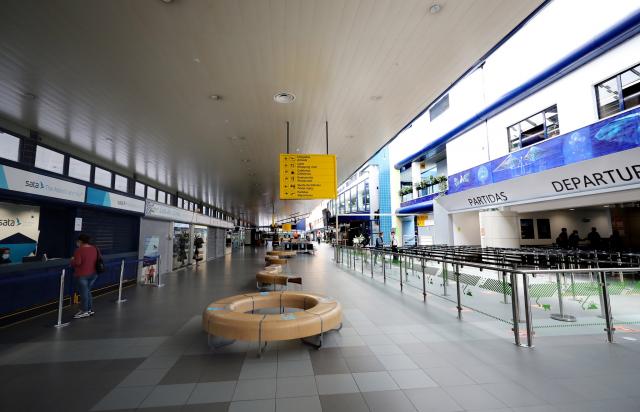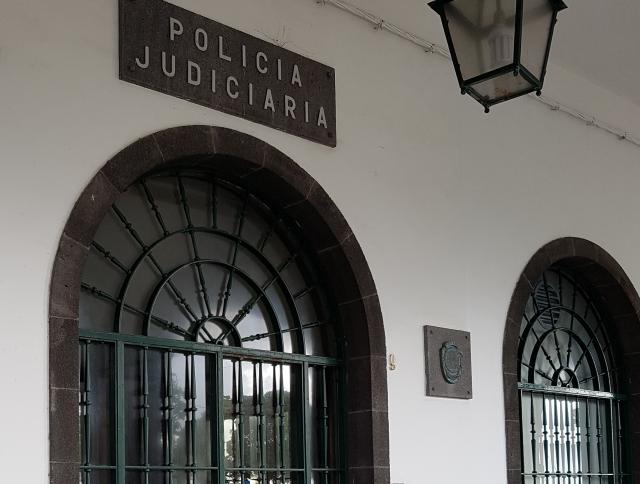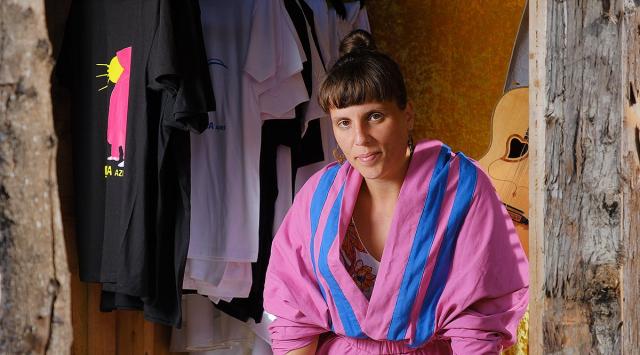Poverty in the Azores must be fought by coordinating the efforts of the Education, Health, Employment, and Social Security sectors. This was one of the paths traced in the debate promoted by the Francisco Manuel dos Santos Foundation, together with the University of the Azores and RTP Açores, on poverty, human development, and the future of the Azores. The debate took place after the launching of the book "Jénifer, ou a princesa da França – as ilhas (realmente) desconhecidas", by Joel Neto, at Aula Magna, in Ponta Delgada.
Poverty is the book’s main theme. More than highlighting the causes for the Azores being in the rear of Portugal and Europe in several indicators, the debate opened some paths for the Region to stop having, as in 2022, almost one third (29.6%) of its population at risk of poverty. Among various paths, Education was the most focused on.
"Our low levels of education have not allowed us to break this cycle," pointed out Anabela Borba, president of Cáritas Açores, noting that the Azores have the highest rate of early school leavers in the country (27%, almost four times the national average) and the lowest rate of people with higher education (16%, compared to 24% for the country as a whole).
University professor and researcher Fernando Diogo says that "20 years ago" he identified Education as a primary aspect and criticized what he called the "roundabout mentality". "It means to equate growth with works. This idea is widespread among politicians, elites, and the general population. Public works have almost zero impact on the development of the Azores."
Low income was also highlighted by the researcher and followed up by Gualter Furtado: the head of the Azores Economic and Social Council called for greater "participation, citizenship, and organization" from the population, because without it "we'll be talking about the same problem 20 years from now.”
The former regional secretary for Social Security in Vasco Cordeiro's government, Andreia Cardoso, argued that the fight against poverty will have to have two dimensions: one, of emergency, "because today's situation is different from one or two years ago"; and another, structural, "which coordinates health, education, employment, and social security.
In fact, Fernando Diogo argued that "to place the fight against poverty into social security is to lose the fight in the first place.”
The writer Joel Neto pointed out that it is necessary to "recognize without shame" the problem of poverty, and at the same time "not blame the victim", because "it is very easy to demonize the beneficiaries".
Finally, the vice-president of the Regional Government of the Azores, in charge of Social Security, Artur Lima, praised some measures taken by the current government, such as the increase of Compamid and the payment of day-care centers to all Azoreans, for example. Lima highlighted the new Regional Strategy against Poverty, which is being developed by the University of Coimbra, as an important step: it will trace the path for the next decade.







